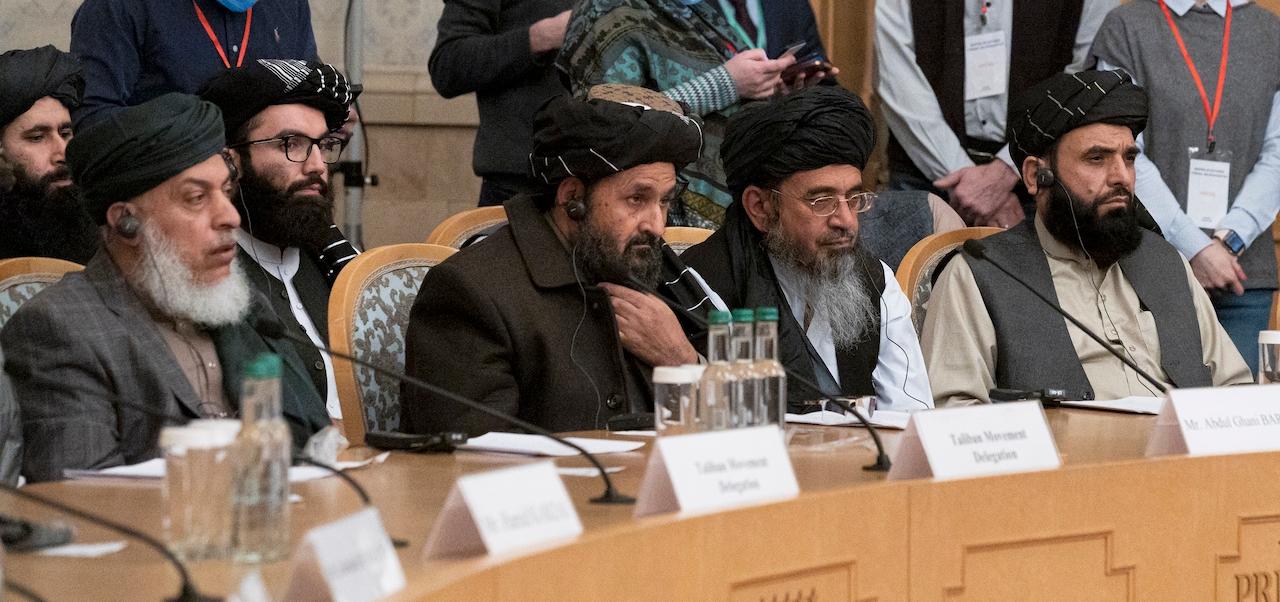Hopes for Afghan peace fade as Moscow summit held with solo female delegate
Most of the delegates allegedly have links with warlords who have ruled for 40 years and fought constantly.
Just In
As envoys gathered in Moscow to discuss the Afghan peace process, Afghan women were notable by their almost total absence.
Just one woman, politician Habiba Sarabi, was in the 12-member delegation of Afghan government and political leaders attending Thursday’s summit, Reuters is reporting.
The 10-member delegation sent by the Islamist Taliban had no women whatsoever.
On Thursday, Sarabi addressed her male counterparts at a Moscow hotel, calling for a ceasefire.
“Women have not been part of the war, we can certainly contribute to peace,” she said, according to a tweet from a fellow negotiator. “Why should I be the only woman in this room? Fifty-one percent of people should not be ignored.”
Shaharazad Akbar, who leads Afghanistan’s Independent Human Rights Commission, said it was unacceptable that only one woman attended the meeting.
“It’s setting the tone for things to come in terms of inclusivity,” she said.
The Moscow summit marked the start of a series of international meetings as a May 1 deadline for the withdrawal of US and other foreign troops from Afghanistan nears.
Negotiations between the government and Taliban in Doha, Qatar, have stalled.
Diplomats say Washington wants support from regional powers to push Afghans to form a power-sharing government. At the talks, the US was joined by Russia, China and Pakistan in calling for an Afghan ceasefire.
In many cases, those regional powers owe their influence in Afghanistan to ties with warlords who ruled throughout four decades of conflict, all of them men.
“They are the same leaders who ruled Afghanistan 20 years ago,” said Fauzia Koofi, one of just four female negotiators among the 42 representing the Afghan sides in Doha.
A spokesman for the US State Department said Washington wished there had been more than one woman in the Moscow delegation, adding that the US would advocate for “meaningful participation” by women in upcoming gatherings.
“Women, girls, and minority groups in Afghanistan have made extraordinary gains, and preserving those gains is a high priority for the Biden administration,” the spokesman said.
During their 1996-2001 rule, the Taliban enforced a strict interpretation of Islamic law that saw women required to fully cover their bodies and faces, and barred from education and work, and from leaving the house without a male relative.
Since the Taliban were driven from power in 2001, the international community has poured billions into Afghanistan’s development and the Taliban say they have changed but many women remain sceptical.
Gains for women and girls in access to education and public life are repeatedly touted as one of the major successes of two decades of foreign involvement.
However, such gains are fragile and could easily be reversed once foreign forces are no longer in the country.
Subscribe to our newsletter
To be updated with all the latest news and analyses daily.
